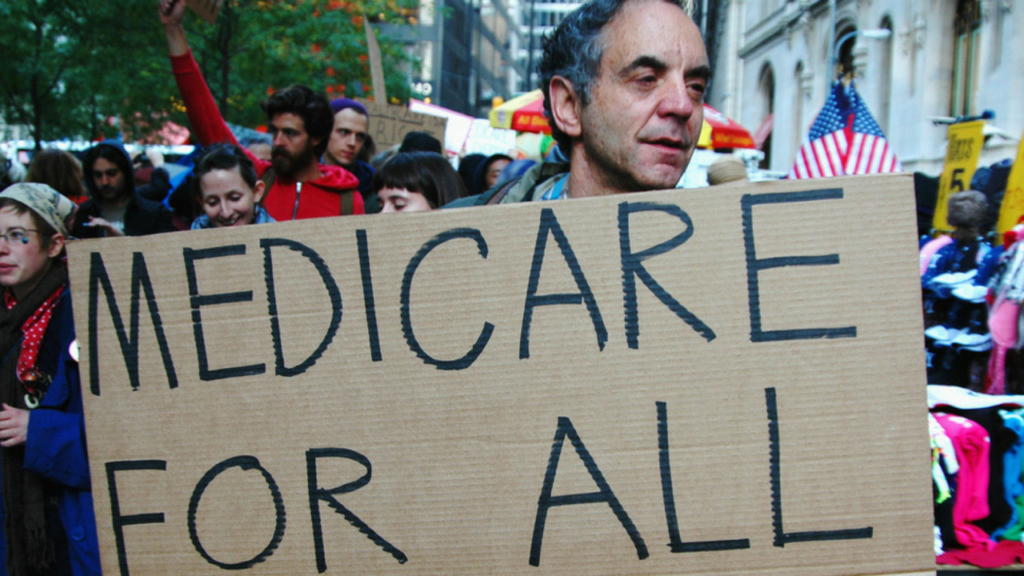As the Obamacare, or the Affordable Care Act (ACA), repeal and replace debate rages on, what are small businesses' healthcare options?
With Sen. John McCain's (R-Az.) return to the picture and the various factions of Congress at each other's throats over how to repeal the healthcare reform, Obamacare remains in effect.
Yes, President Donald Trump has ordered for a draw down in the regulatory burden; however, the law still impacts small business owners and entrepreneurs in a plethora of ways. The most obvious of ways is the mandate that most firms in the United States must provide affordable care that meets a minimum value laid out by federal regulators.
According to Capitalism.com's issue brief on employer based healthcare coverage under Obamacare, the Affordable Care Act requires that 95 percent of all employees for businesses with over 50 full-time employees must have access to affordable care through their employer. However, the costs of this standard and many others included have only grown exponentially.
Until a repeal is passed, signed into law, and takes effect, the law remains the same. So, in the interim, these are two legal alternatives employers can use to address the requirements of the ACA.
Health Sharing Ministries
Health Sharing Ministries, or health shares, are a new phenomenon popular among evangelical Christians and other religious individuals. Many of these organizations act in a way that members contribute to the health share so that a sharing of the cost can happen. These organizations also have small business and employer options that allow serving as alternatives to Obamacare-regulated plans.
There are associated risks, nonetheless. Health shares can only accept members if patients can meet the economic, physical, spiritual, and ideological requirements. So, offering plans through health shares require not only the employers to meet certain standards, but also the employees. Plus, an economic downturn can leave the health share at risk of a decline as well, given the nature of the organization being a co-op model.
Direct Primary Care
Another approach for an employer to consider is providing access to direct primary care as a part of the benefits package employees would receive. For most direct primary care providers, they allow patients to see a primary care doctor with essential health care services without the need of insurance on a monthly, fixed-rate basis. Giving employees options that center on direct primary care can benefit patient choice concerns all the way to implementation and costs concerns.
Direct primary care is an Obamacare-free model that provides a streamlining of care, directly to the patient. The only people involved are the patient, employer, and provider. No, insurers are necessary to pay for the costs associated with direct primary care. In fact, prices can drop over 40 percent. Some of the limitations of some direct primary care networks include not having individual specialists or elective care procedures available. Plus, there are also requirements members must meet to be a part of the system.
Do you know of any other healthcare options? Let us know in the comments below.
--> Addressing Small Business Health Insurance Costs Under Obamacare
MORE POLICY ISSUES ON CAPITALISM.COM.
• Minneapolis Businesses Brace For Minimum Wage Hikes
• What Should Your Minimum Wage Be?
• $15 Minimum Wage Gives Rise to Job-Replacing Kiosks, Small Business Closures








